Hospital failure regime extended to care homes
- Published
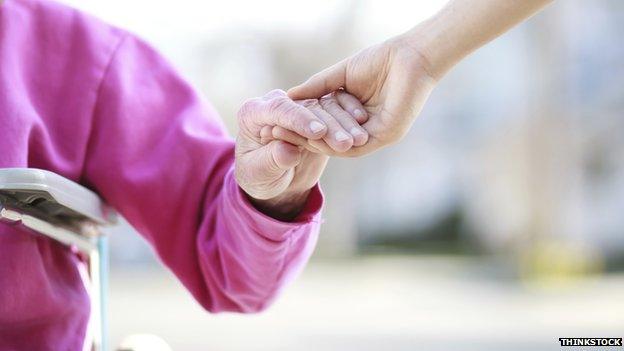
A system of special measures designed to improve failing hospitals in England is to be extended to care homes, the government has announced.
The process was introduced by the Care Quality Commission (CQC) a year ago at 11 failing trusts.
Most have since made progress - although only five have been or are being taken out of special measures.
Health Secretary Jeremy Hunt said the scheme would be introduced for care homes and home-care agencies next year.
That will cover 25,000 services and could lead to the closure of those that fail to improve.
In the hospital sector, special measures has involved:
closer scrutiny by regulators
management changes
"buddying" schemes with successful trusts
an improvement director being parachuted in to oversee any necessary changes
The details of the regime for care homes are still being worked out, but is likely to involve less external support and instead rely on shorter deadlines to shock the providers into action.
The first services will be placed in special measures from April, as the underlying ratings regime will be rolled out in the social-care system from the autumn.
The scoring, based on a system first used in schools, gives health and care services a rating of outstanding, good, requires improvement or inadequate.
Mr Hunt said it had been introduced because of the Stafford Hospital scandal, which had acted as a "wake-up call" for the system.
He said by being open about failings, the health and care sector could be held to account better - as the "encouraging" progress made by the original 11 trusts placed in special measures showed.
"Thanks to a sharp focus on admitting problems rather than burying heads in the sand, some of these hospitals have tackled their deep-rooted failings for the first time and are on the road to recovery," he added.
National Care Association Chair Nada Ahmed: "The ethos of this is good"
Since those first 11 were placed in special measures another six trusts have followed. All those remain in special measures.
CQC social care chief inspector Andrea Sutcliffe said extending the failure regime to social care would drive up standards.
"I am clear that abuse, neglect and poor care will not be tolerated," she added.
Nadra Ahmed, chairman of the National Care Association, told the BBC that anything that safeguarded vulnerable people "has got to be good".
But she said she did have concerns about how the new measures would be implemented and the financial pressures on care homes put into special measures.
Meanwhile, the progress made by the failing hospitals has been welcomed by both the NHS and patient groups.
Katherine Murphy, of the Patients Association, said it was good news, but warned there was "still a long way to go".
Rob Webster, chief executive of the NHS Confederation, which represents hospital trusts, said: "Changing the culture in an organisation - and the outcomes it delivers - is never easy.
"The staff and the leadership teams at each of these organisations should be proud of the progress they have made."
The CQC's chief inspector of hospitals, Prof Sir Mike Richards, said: "We have achieved a great deal in the last twelve months."
- Published16 July 2014
- Published15 October 2013
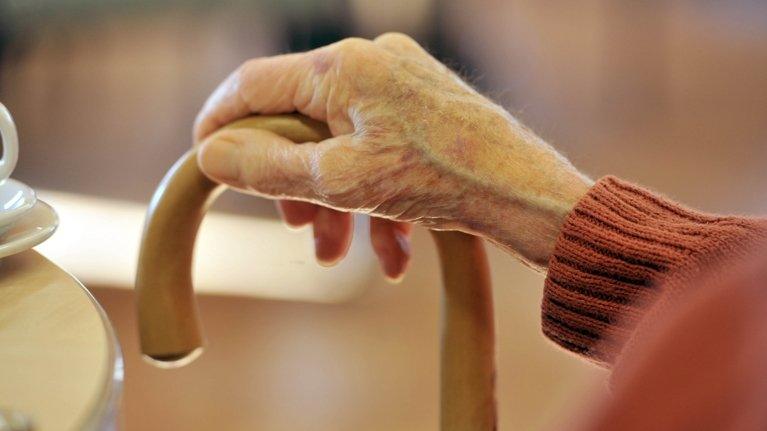
- Published19 September 2013
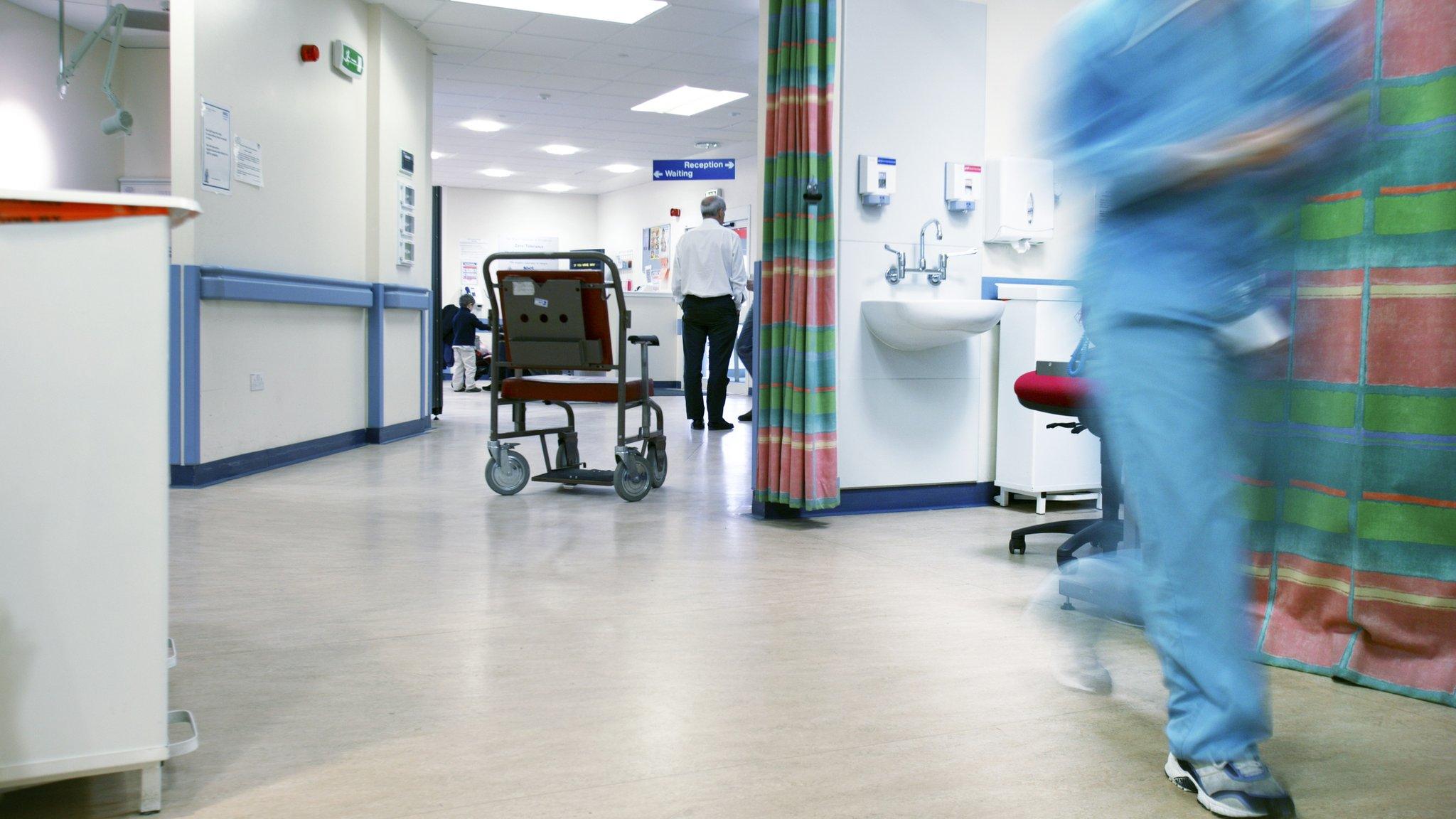
- Published19 September 2013
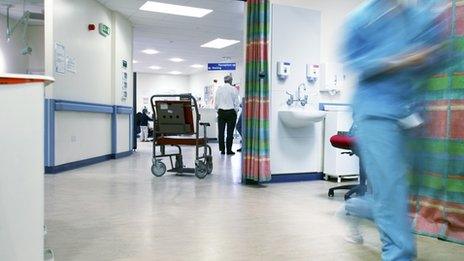
- Published19 September 2013
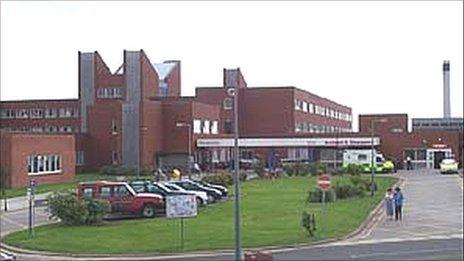
- Published16 July 2013
